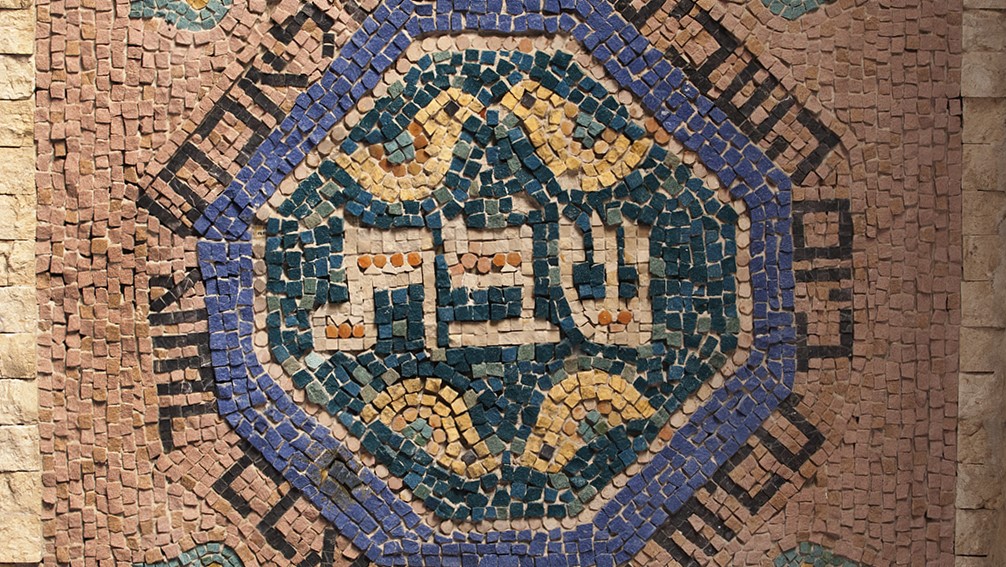
Exodus 20:3-11
Narrative Lectionary
3 you shall haveA no other godsB before me.C
4 “You shall not makeD for yourself an idol,E whether in the formF of anythingG that is in heavenH aboveI
or that is on the earthJ beneathK or that is in the waterL underM the earth. 5 You shall not bow downN to them or serveO them,
for I the LordP your GodQ am a jealousR God,S punishingT childrenU
for the iniquityV of parentsW to the thirdX and the fourthY generation of those who rejectZ me
6 but showingAA steadfast loveBB to the thousandthCC generation of those who loveDD me and keepEE my commandments.FF
7 “You shall not makeGG wrongfulHH use of the nameII of the Lord your God,JJ for the Lord will not acquitKK anyone who misusesLL his name.
8 “RememberMM the SabbathNN dayOO and keep it holy.PP
9 SixQQ days you shall laborRR and doSS allTT your work.UU
10 But the seventhVV day is a Sabbath to the Lord your God;WW you shall not do anyXX work—you, your sonYY or your daughter,ZZ
your maleAAA or female slave,BBB your livestock,CCC or the alien residentDDD in your towns.EEE
11 For in six days the Lord made heaven and earth, the sea,FFF and all that is in them, but restedGGG the seventh day; thereforeHHH the Lord blessedIII the Sabbath day and consecratedJJJ it.
Image credit: “Sabbath Mosaic in the Jewish Quarter” by Yael Portugheis. Photo by zeevveez, 2013.
